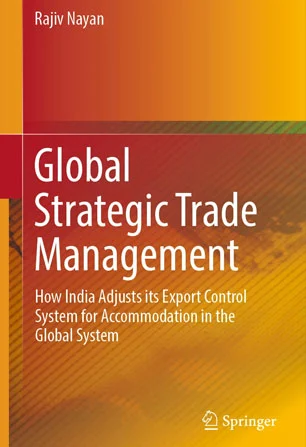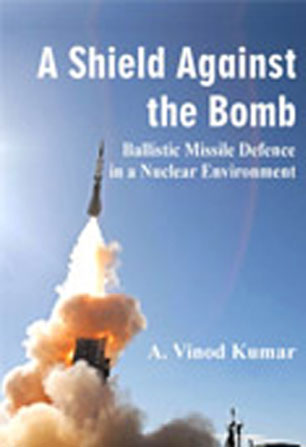Galileo in Crisis
In October 2006, when India decided to pull out of the ambitious Galileo project, a global navigation system jointly developed by the European Commission (EC) and the European Space Agency (ESA), some Indian observers had expressed surprise that a long-drawn negotiation process within the ambit of the EU-India Strategic Partnership came to naught. Envisaged to be the most accurate and sophisticated navigation system thus far, the Galileo project has attracted the attention of developed and developing nations mainly because of its civilian focus and near perfect resolution.
- Alok Rashmi Mukhopadhyay
- May 16, 2007








